17th century
Artworks 21 to 30 of 127:
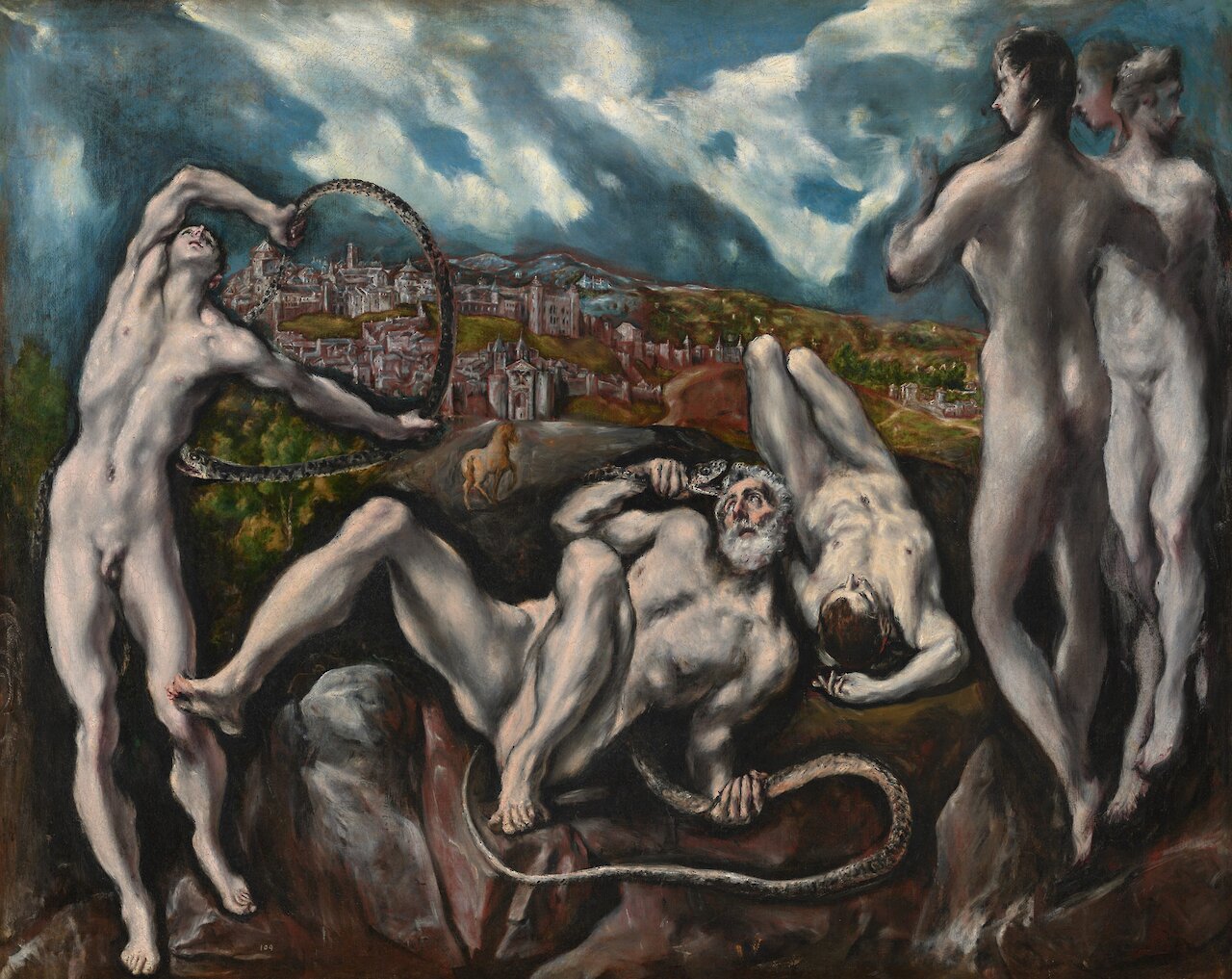
Laocoön
by El Greco, circa 1610–1614
- Medium
- Oil on canvas
- Dimensions
- 137.5 x 172.5 cm (54 1/8 x 67 15/16 in)
- Credits
- Samuel H. Kress Collection.
- Location
- National Gallery of Art
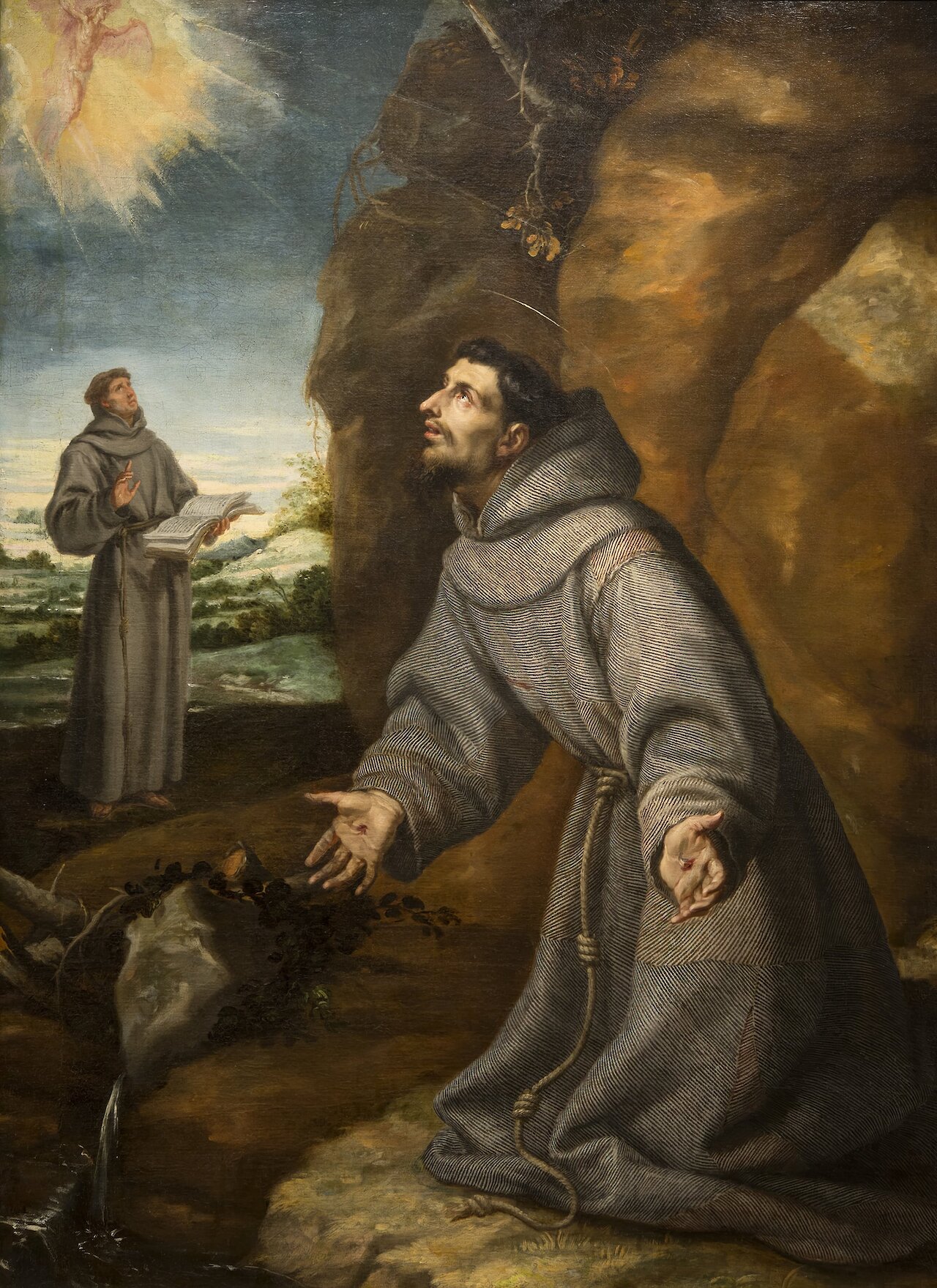
The Stigmatization of Saint Francis
by Vicente Carducho, circa 1610–1630
- Medium
- Oil on canvas
- Dimensions
- 64 1/4 x 47 in. (163.2 x 119.4 cm)
- Credits
- The William A. Whitaker Foundation Art Fund
- Location
- Ackland Art Museum
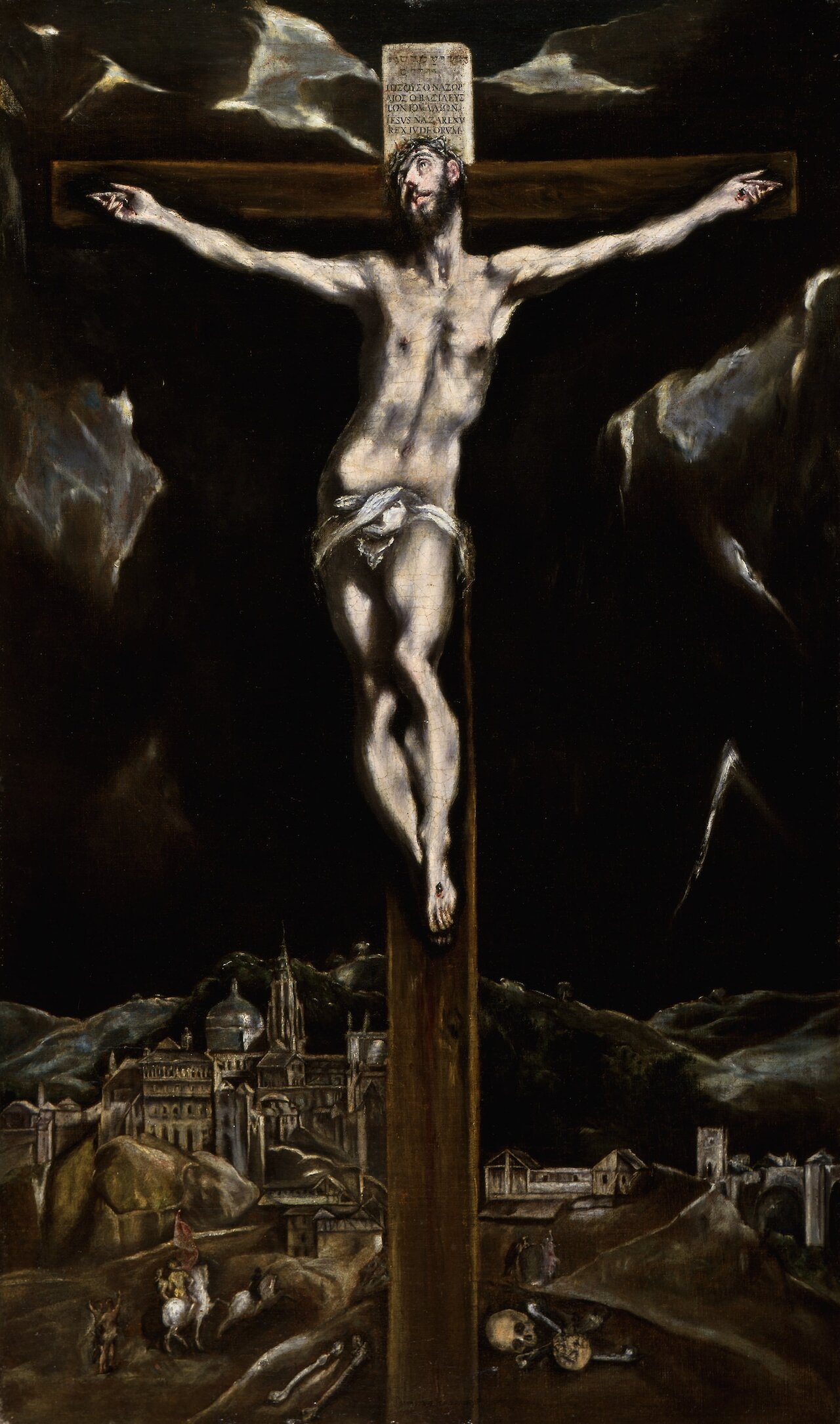
Christ on the Cross with a View of Toledo
by El Greco, circa 1610–1614
- Medium
- Oil on canvas
- Dimensions
- 41 x 24 3/8 in. (104.1 x 61.9 cm)
- Credits
- Cincinnati Art Museum. John J. Emery Fund.
- Location
- Cincinnati Art Museum
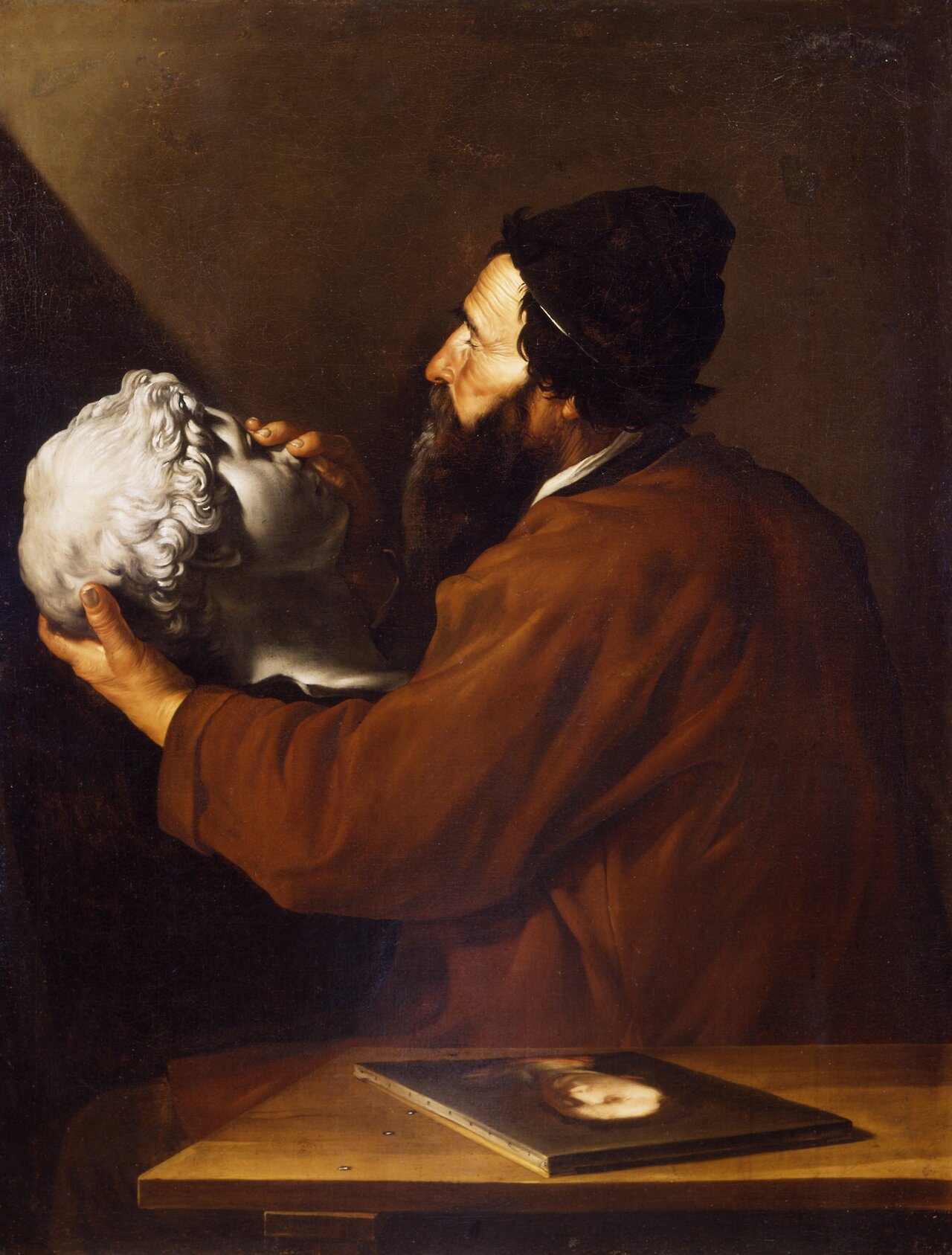
The Sense of Touch
by Jusepe de Ribera, circa 1615–1616
- Medium
- Oil on canvas
- Dimensions
- 45-5/8 x 34-3/4 in (115.9 x 88.3 cm)
- Credits
- The Norton Simon Foundation
- Location
- Norton Simon Museum
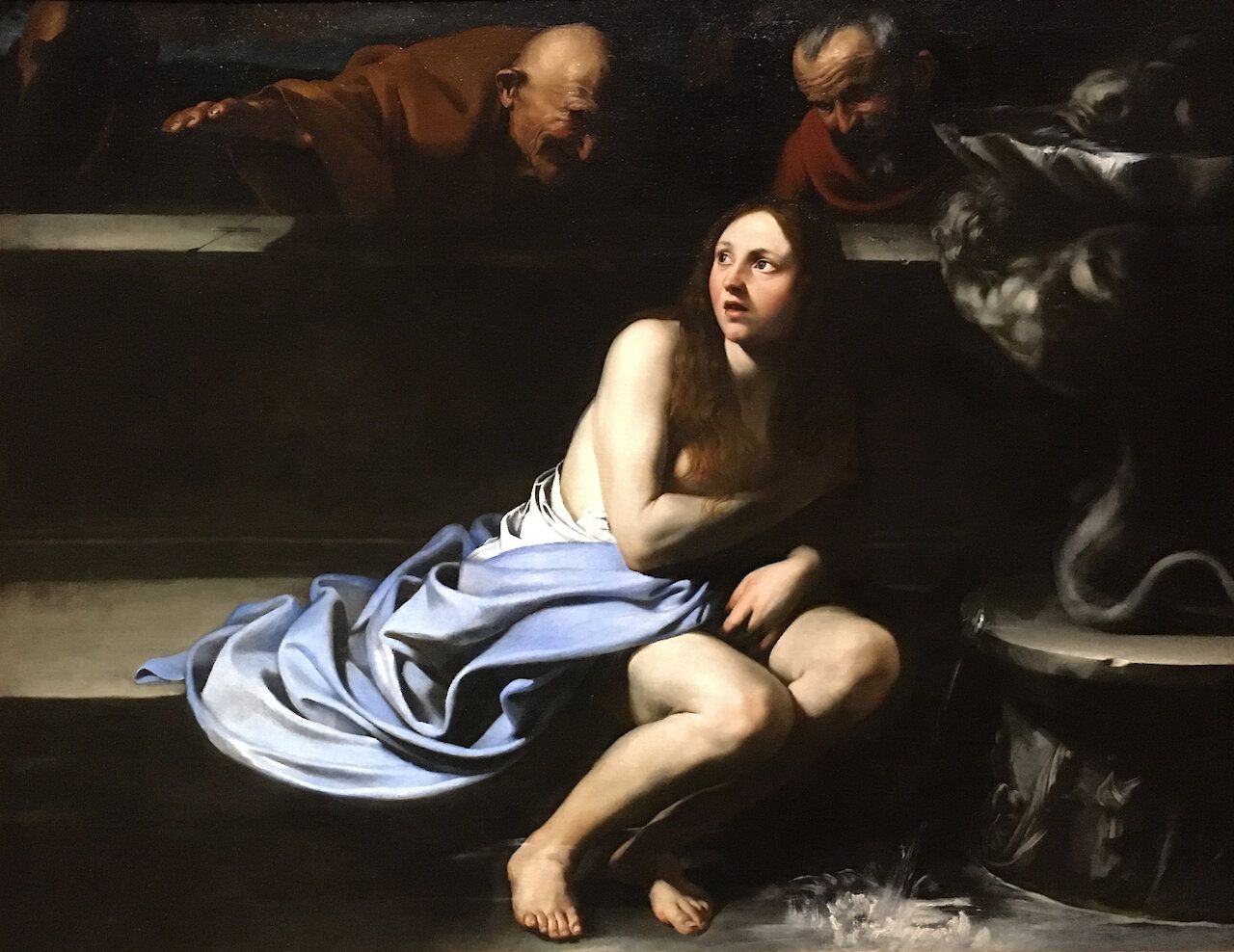
Susanna and the Elders
by Jusepe de Ribera, circa 1615
- Medium
- Oil
- Dimensions
- 70 9/32 x 54 1/8 in (179 x 138 cm)
- Location
- San Diego Museum of Art
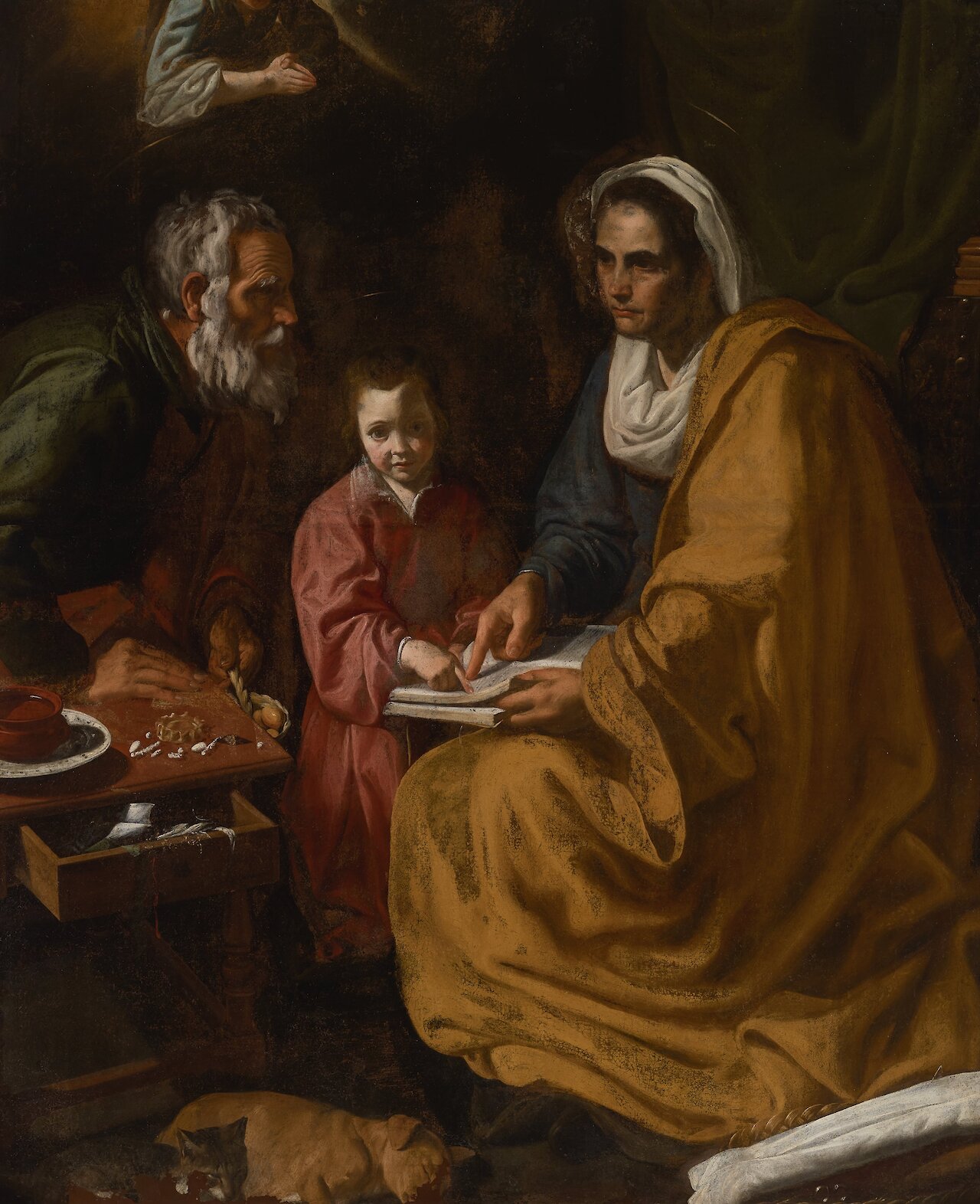
The Education of the Virgin
by Diego Velázquez, circa 1617–1618
- Medium
- Oil on canvas
- Dimensions
- 66 1/8 × 53 9/16 in.(168 × 136 cm)
- Credits
- Gift of Henry H. Townshend, B.A. 1897, LL.B. 1901, and Dr. Raynham Townshend, B.S. 1900S
- Location
- Yale University Art Gallery
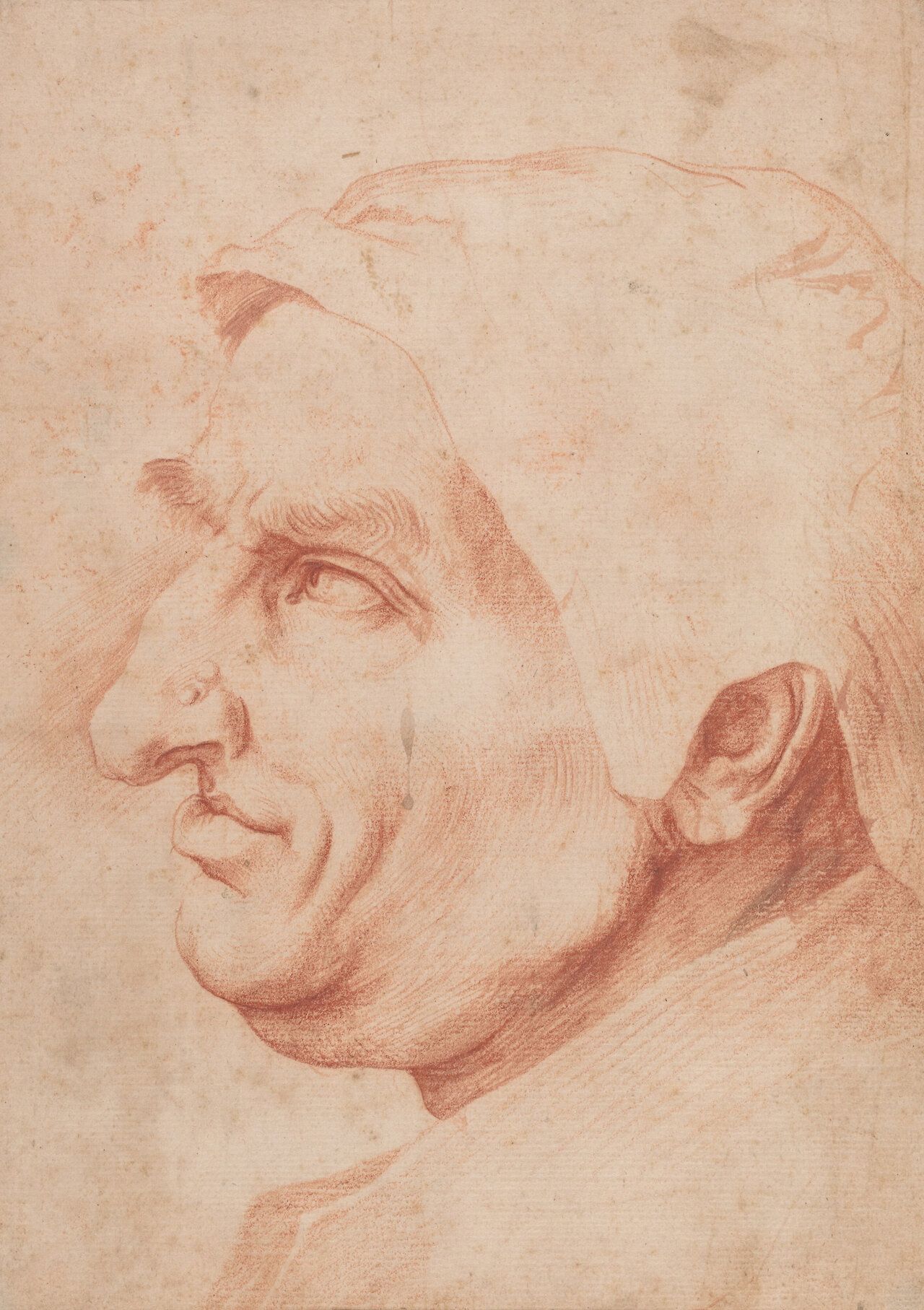
Head of a Man
by Jusepe de Ribera, circa 1620
- Medium
- Red chalk on laid paper
- Dimensions
- 30.5 x 24.5 cm (12 x 9 5/8 in)
- Credits
- Ailsa Mellon Bruce Fund.
- Location
- National Gallery of Art
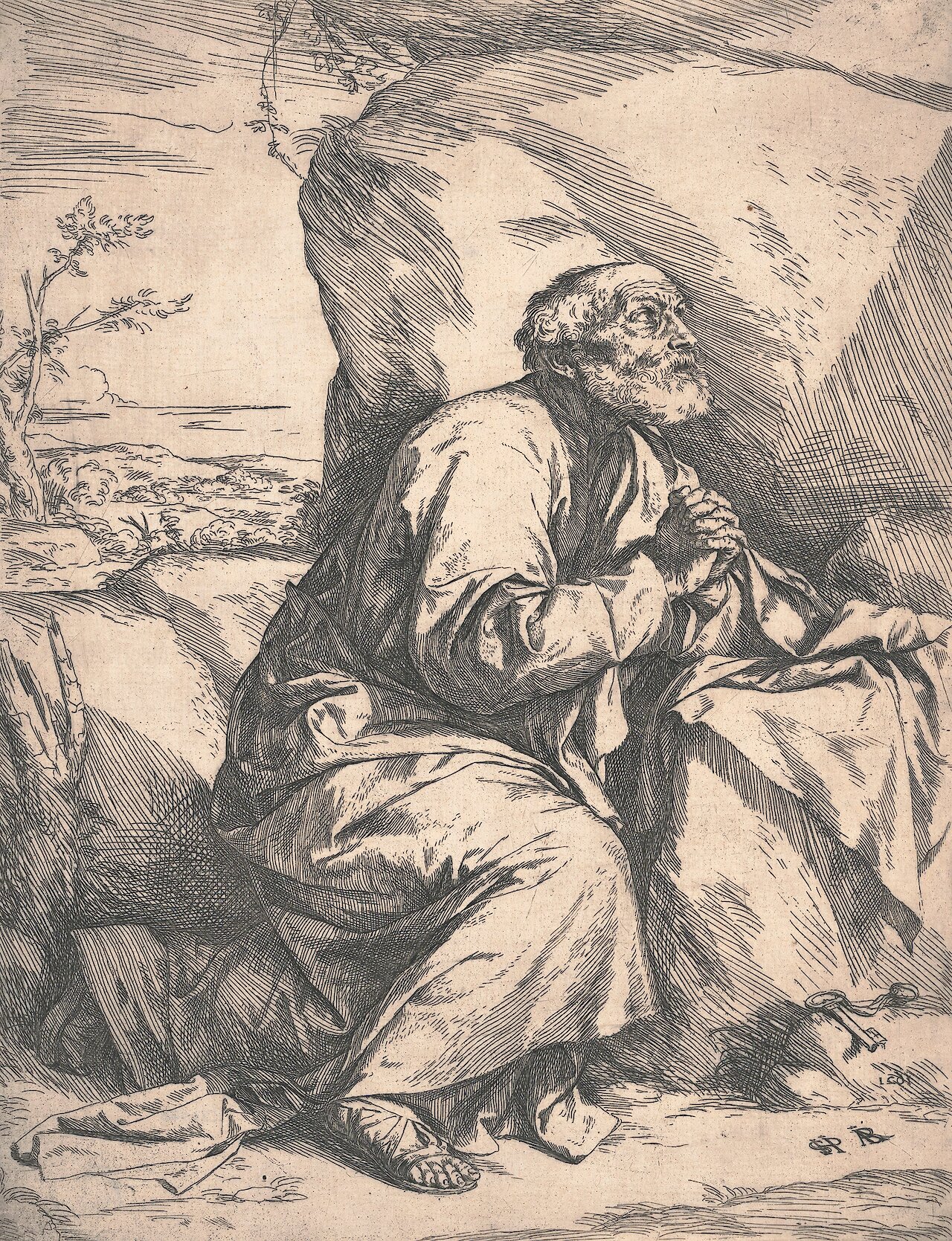
The Penitent Saint Peter
by Jusepe de Ribera, 1621
- Medium
- Etching with engraving
- Dimensions
- 12 7/16 × 9 9/16 in. (31.6 × 24.3 cm)
- Credits
- The William A. Whitaker Foundation Art Fund
- Location
- Ackland Art Museum
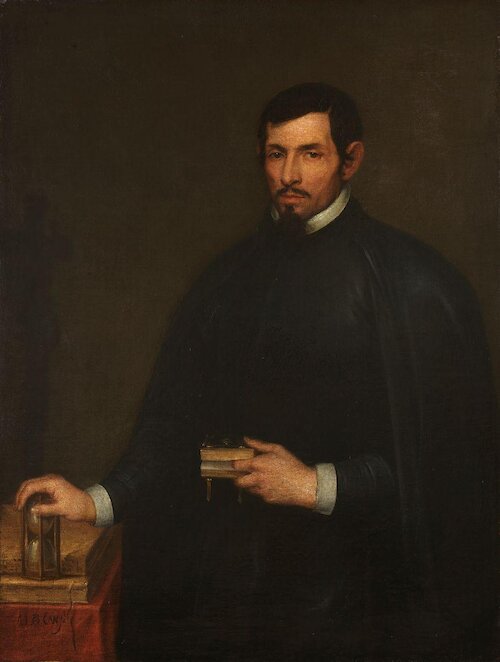
Portrait of an Ecclesiastic
by Alonso Cano, 1625–1628
- Medium
- Oil on canvas
- Dimensions
- 102.5 x 78.5 cm (40 9/16 x 31 1/8 in.)
- Credits
- Presented to the Hispanic Society by Archer M. Huntington, 1932. Hispanic Society of America. All rights reserved
- Location
- Hispanic Society Museum and Library
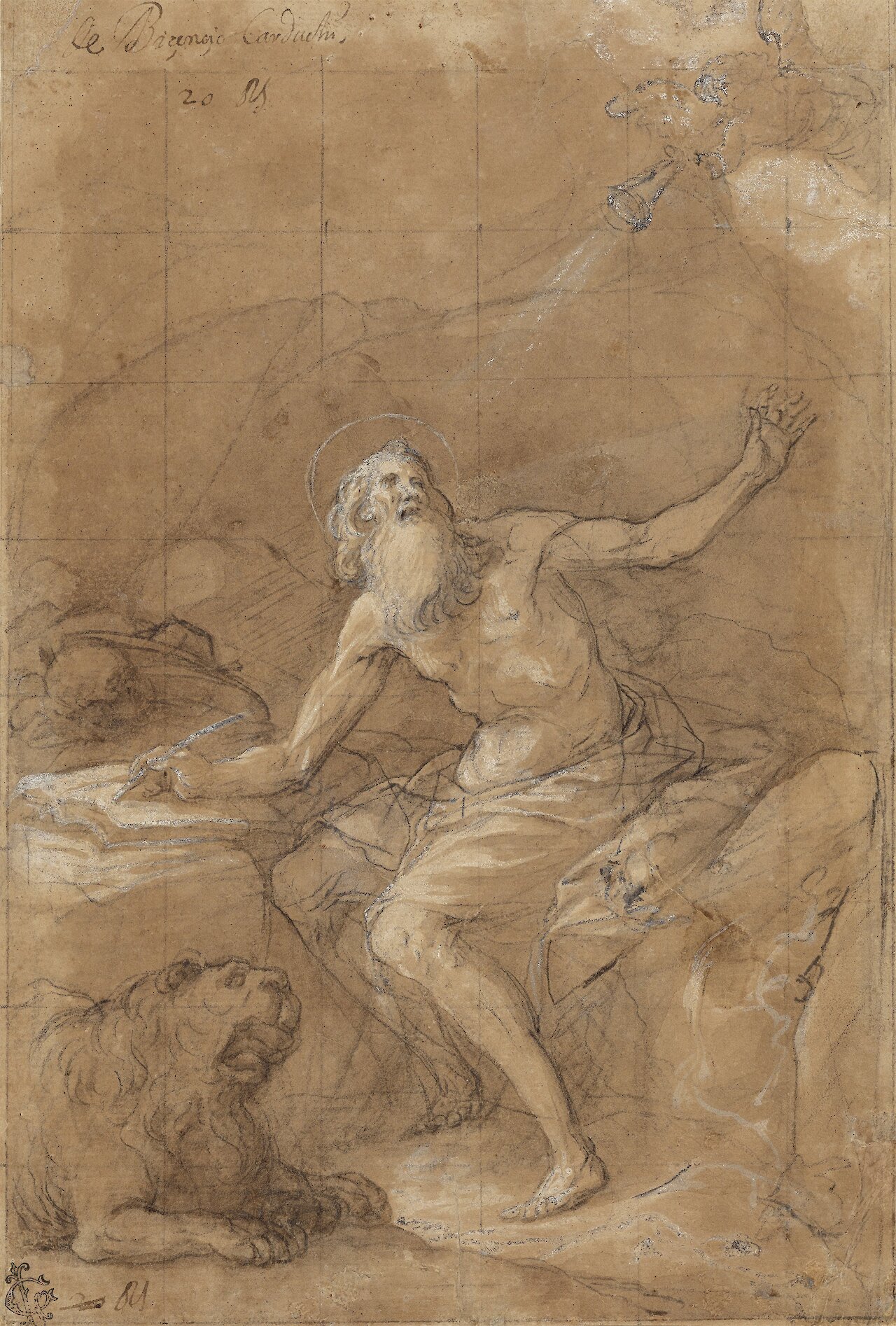
St. Jerome Hearing the Trumpet of the Last Judgment
by Vicente Carducho, circa 1626–1632
- Medium
- Black chalk with brown wash, heightened with white gouache, squared in black chalk
- Dimensions
- 31.8 × 21.6 cm (12 1/2 × 8 1/2 in)
- Notes
With a long beard and curling locks, a slightly disheveled Saint Jerome listens open-mouthed in astonishment as an angel overhead sounds its trumpet. Vicente Carducho drew Jerome interrupted in the act of writing, with his faithful friend and attribute the lion by his side.
Artists often showed Jerome writing, undoubtedly a common activity for the learned saint who translated the Bible into Latin. Jerome commonly appeared nearly nude, giving artists the opportunity to display his gaunt, ascetic figure. Carducho suggested the saint's lean, muscular body with brown wash and white gouache, using while radiating strokes of black chalk to describe the drapery, which nearly merges with the rocks. The artist reworked the saint's right leg several times, positioning it first forward and then further back until it rested underneath his left knee. The black chalk squaring on this drawing implies that Carducho intended this drawing as a preparatory study for a large painting, although scholars have not identified such a work.
- Location
- J. Paul Getty Museum